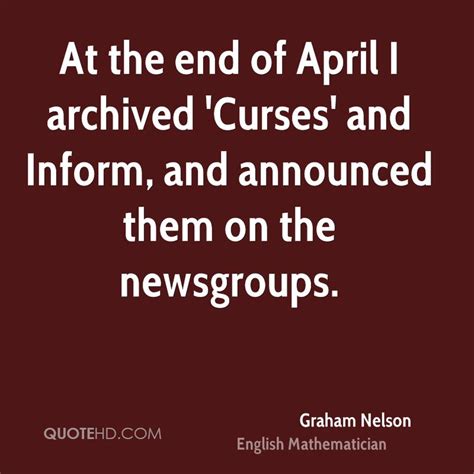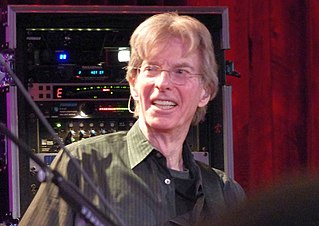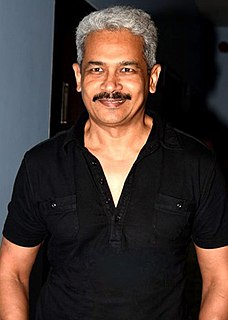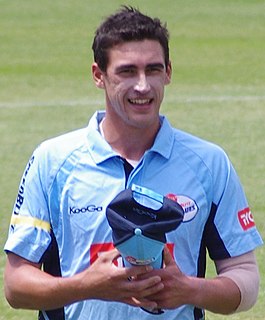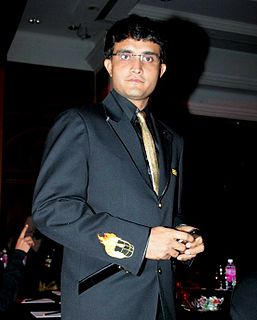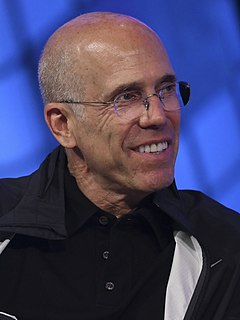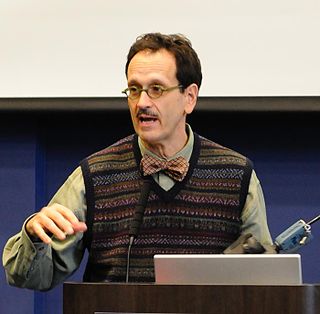A Quote by Graham Nelson
The 'interactive fiction' format hasn't changed in any fundamental way since the early 1970s, in the same way that the format of the novel hasn't since 1700.
Related Quotes
We should feel an urgency about our environment and what's been done to it by human action and inaction. I wouldn't say there's a resurgence - I think it's been with us all along, and especially since the 1960s and 1970s, but it is true that there's almost a subsection of the bookstore devoted to it now. Personally, I've been addressing these issues in my long and short fiction since the late 1980s - basically since the beginning of my career.
